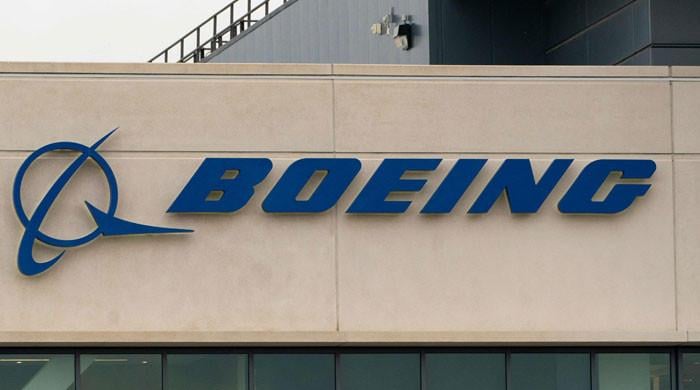Boeing’s Strategic Shift: Exploring the Sale of Its Space Business
On October 24, 2024, a Boeing sign stood prominently on the exterior of a building in Seattle, Washington, symbolizing the aerospace giant’s long-standing legacy in aviation and space exploration. However, recent reports indicate that Boeing is contemplating a significant strategic shift by exploring the sale of parts of its space business. This decision comes amidst ongoing challenges and setbacks within its space operations, particularly concerning the troubled Starliner spacecraft.
The Space Business Under Scrutiny
According to a report by the Wall Street Journal, Boeing is considering divesting certain segments of its space business, specifically those related to NASA. This includes the Starliner space vehicle, which has faced numerous development delays and technical issues, leading to over $1.8 billion in private cost overruns. Additionally, operations that support the International Space Station (ISS) are also on the table for potential sale. Notably, the unit responsible for building NASA’s Space Launch System (SLS) is excluded from this consideration, indicating a selective approach to the divestiture.
The Starliner spacecraft has been a focal point of Boeing’s space ambitions, yet it has struggled to meet deadlines and expectations. The ongoing challenges have raised questions about the viability of Boeing’s space operations and whether a sale could provide the company with a much-needed financial and operational reset.
Impact on NASA Operations
Boeing’s involvement with NASA has been extensive, particularly in constructing and maintaining modules for the ISS. However, the ISS is set to retire in 2030, and NASA is exploring the possibility of transitioning to privately owned space stations. This shift in focus raises concerns about the future of Boeing’s role in human spaceflight and its ability to compete with emerging private space companies.
Adding to the complexity, two NASA astronauts who were transported to the ISS by Boeing remain stranded there, with their return scheduled for February on a SpaceX craft. This situation underscores the operational challenges Boeing faces and the potential reputational damage that could arise from its inability to deliver on its commitments.
Market Reactions and Company Response
Despite the tumultuous landscape, Boeing’s shares saw a modest increase of 0.6 percent in afternoon trading following the news of the potential sale. This uptick suggests that investors may view the divestiture as a strategic move to streamline operations and focus on core competencies. However, Boeing has refrained from commenting on the rumors, stating, “Boeing doesn’t comment on market rumors or speculation,” which is a typical stance for companies navigating sensitive market dynamics.
Labor Strikes and Production Challenges
Compounding Boeing’s challenges is a five-week strike involving 33,000 workers at its civil planemaking division. This labor disruption has halted production of some of Boeing’s most popular aircraft, including the 737 MAX, 767, and 777 widebody jets. The strike reflects broader issues within the company, as it grapples with labor relations while trying to maintain its competitive edge in the aerospace market.
New CEO Kelly Ortberg has expressed a desire to steer Boeing out of its current crises, emphasizing the need for the company to “do less and do it better.” However, his recent comments during a quarterly call with analysts did not address the space unit, leaving stakeholders wondering about the future direction of Boeing’s space endeavors.
Conclusion: A Pivotal Moment for Boeing
Boeing’s exploration of a sale of its space business marks a pivotal moment for the company as it navigates a complex landscape of operational challenges, labor disputes, and shifting market dynamics. The potential divestiture of the Starliner and ISS operations could allow Boeing to refocus its efforts on its core aviation business, but it also raises questions about the company’s long-term strategy in the rapidly evolving space sector.
As Boeing contemplates its next steps, the aerospace industry will be watching closely to see how this iconic company adapts to the challenges ahead and whether it can reclaim its position as a leader in both aviation and space exploration.
